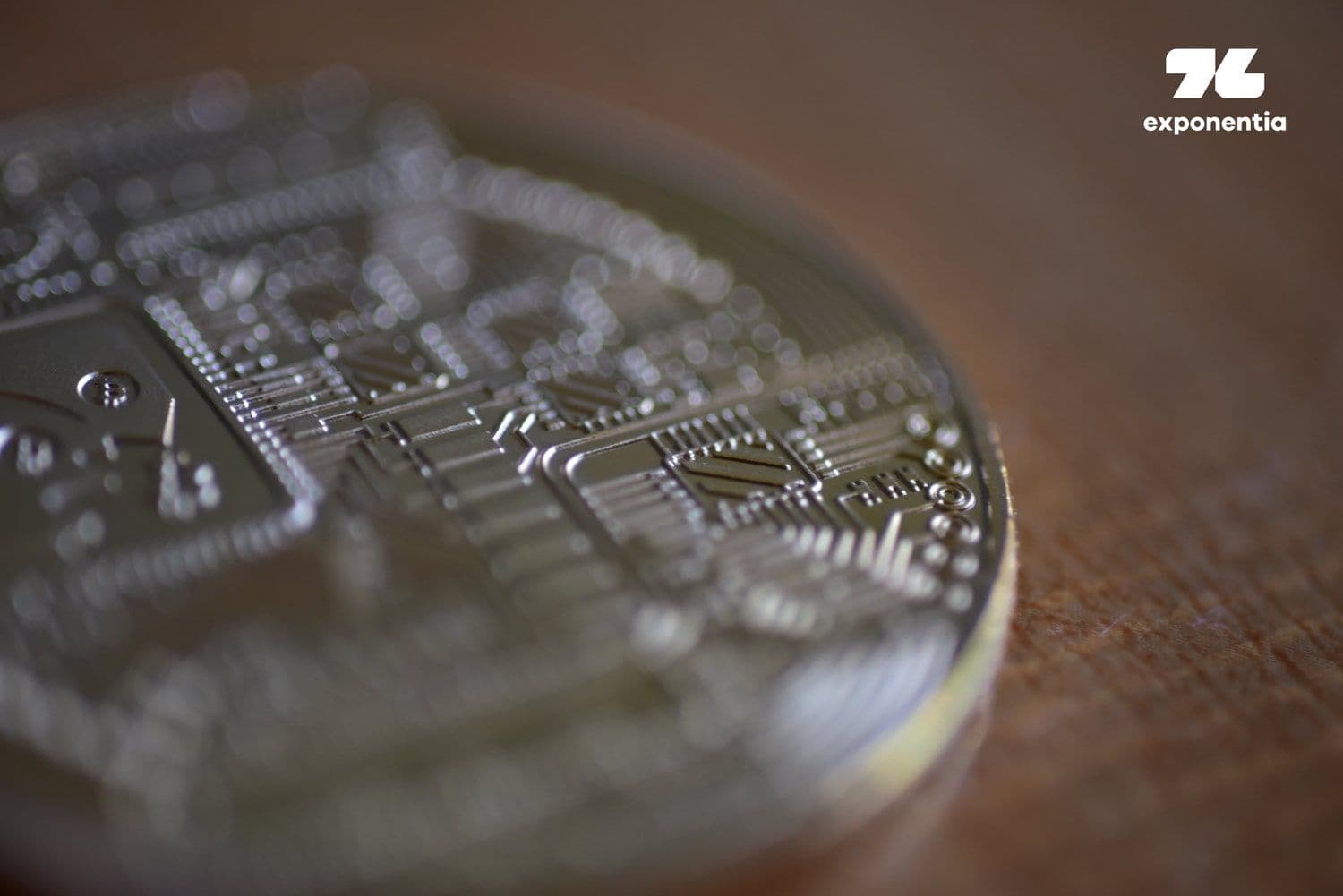Tokenomics: economies based on custom tokens
Sergio Velasco||Blockchain|5 min read

The token economy is one of the most impactful changes that Blockchain has brought us so far. A token can have multiple purposes: financial participation in a company ("shares"), mileage or loyalty points from a specific shop or network, votes, ownership of digital assets such as website domains, etc. In addition to decentralised networks, these tokens can be exchanged freely, without a central authority or intermediary.
For many companies, both blockchain and cryptocurrencies seem very promising, but they do not comprehend how important they really are for their business.
There are many different cryptocurrencies, the most popular being Bitcoin and Ethereum. Bitcoin functions as a store of value by means of its cryptocurrency (BTC), Ethereum is a decentralised computer that serves to execute programs (Smart Contracts). Tokens are programmed from the Ethereum network (or other networks) that define "micro-economies", services or utilities. With these custom tokens, companies and individuals now have the ability to create their own tokens for different use cases that apply to their business sector.
Commercial or corporate custom tokens are tokens that are created for a specific company or business group. In 2019, when Facebook announced its Libra project the most notable highlight was its plan to launch a cryptocurrency. As we have mentioned above, with the use of Smart Contracts, all companies have the ability to create their own custom tokens. The democratisation of blockchain technology now allows each and every company and corporate group to create and manage their own tokens in order to generate new communities with totally different business models or incentives.
We are already using tokens... but we don't even realise it
Here are some examples of tokens that are already being used today:
- A meal voucher as an employee perk. When we use vouchers, we are sure of their face value, guaranteed by the issuer. We also know that we can spend them in restaurants, which accept them, thanks to an agreement they have with the issuer.
- The chips in any casino. The player knows that he/she can buy them and exchange them at the central cashier's desk and is certain of the fact that the dealer will accept his/her bets, paying with the same eventual winnings.
- The car wash coin. The value of the coin corresponds to the duration of the service. Everyone knows that this value corresponds to a certain number of minutes during which the car can be cleaned.
Why should we use custom tokens through blockchain?
Blockchain as a technology allows us to perform digital value transactions over the Internet without intermediaries. The tokens are the units of value to be transferred or transacted. Blockchain makes these transactions secure and non-reversible.
In each of the previous examples, there is an implicit requirement: trust. In the case of meal vouchers: the company, the employee, the caterer... they all trust the issuer of the meal voucher, otherwise they would not use it. The dealer and the player trust the casino to provide the necessary liquidity to pay the chips. People who wash their cars in a car wash trust the automatic programme that controls the car wash equipment. The consumer trusts the brand and knows that he or she can redeem the accumulated points at any time, getting a reward in return for the trust he or she has chosen to place in the brand.
Well, the way in which this trust is guaranteed in each of the exchanges we have described alongside the use case may not be performed efficiently. This is where Blockchain technology comes in.
In a token transaction, the validity of the underlying legal transactions is "technically guaranteed" by a blockchain protocol, using appropriate Smart Contracts and cryptographic techniques.
Use Case Examples
Let's look at a simple example. A company can create its own token economy (tokenomics) to motivate its employees. If they perform their work efficiently or meet sales targets, the company can reward them with custom tokens that they can exchange for particular benefits, such as days off.
Another example would be investment options in early-stage projects or companies. So far these have been limited to venture capital funds or accredited angel investors, but the issuance of tokens opens up additional investment models. Tokens can represent rights to a future good or service. This allows for projects to raise capital in a new way and create buy-in from a potential user base even before a product is launched.
Solar panel owners could sell their surplus energy to their neighbours through a blockchain-based platform; retail distributors could hold a cryptographic token that represents a certain amount of customer loyalty points; tokens that entitle the holder to watch videos... the possibilities are endless.